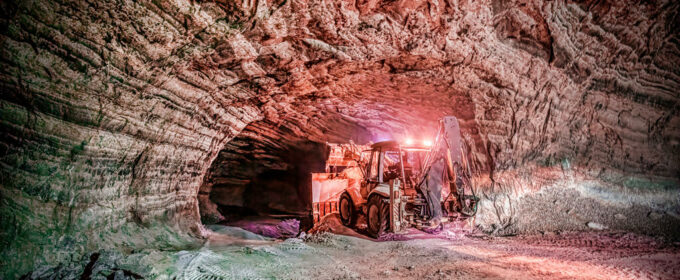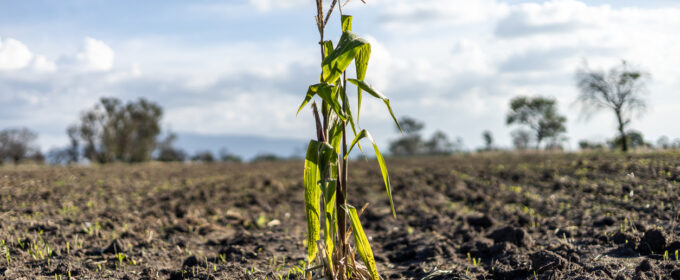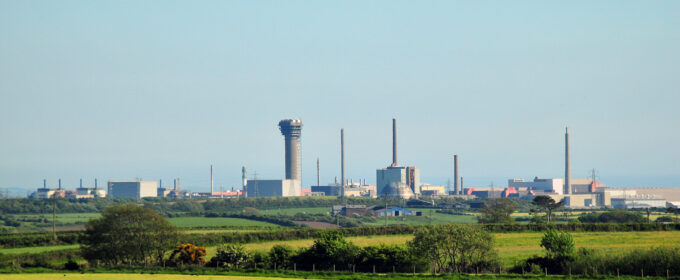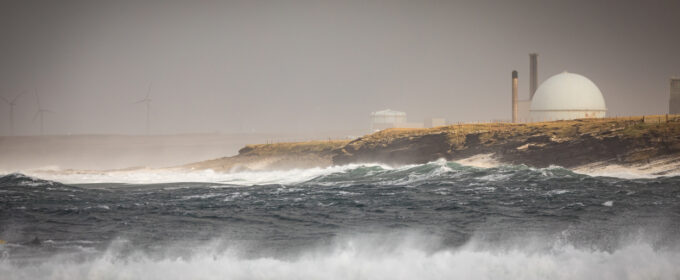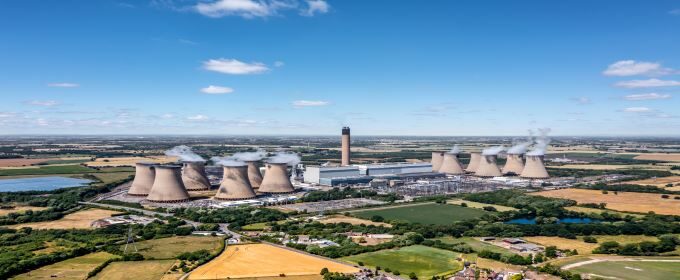In response to the climate crisis, renewable energy production has increased significantly over the last decade. According to National Grid, the UK produced its trillionth kilowatt hour (kWh) of electricity generated from renewable sources on 15 May 2023, and solar energy and offshore wind are predicted to grow five-fold by 2030. Hydrogen, a potentially green […]
